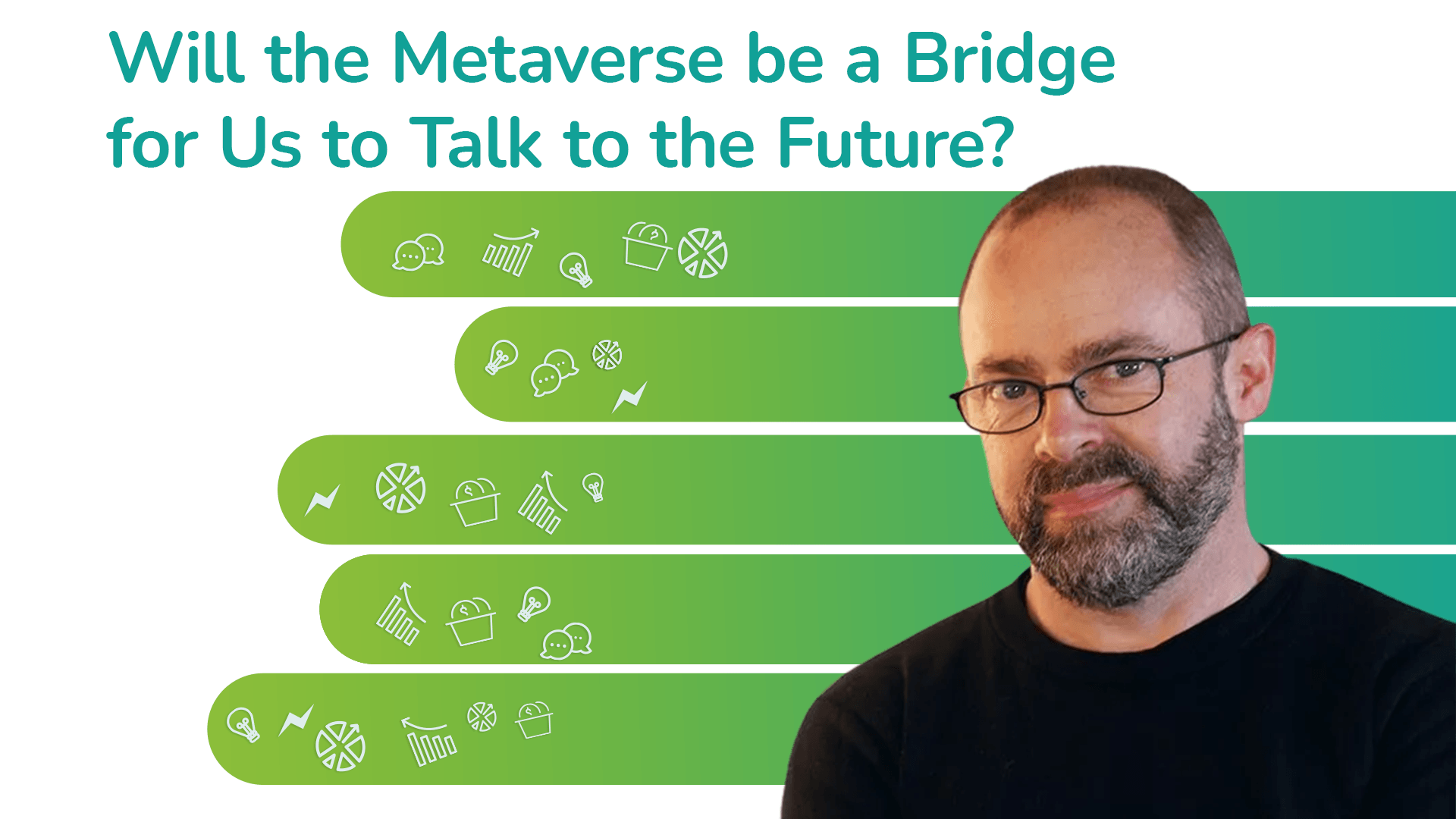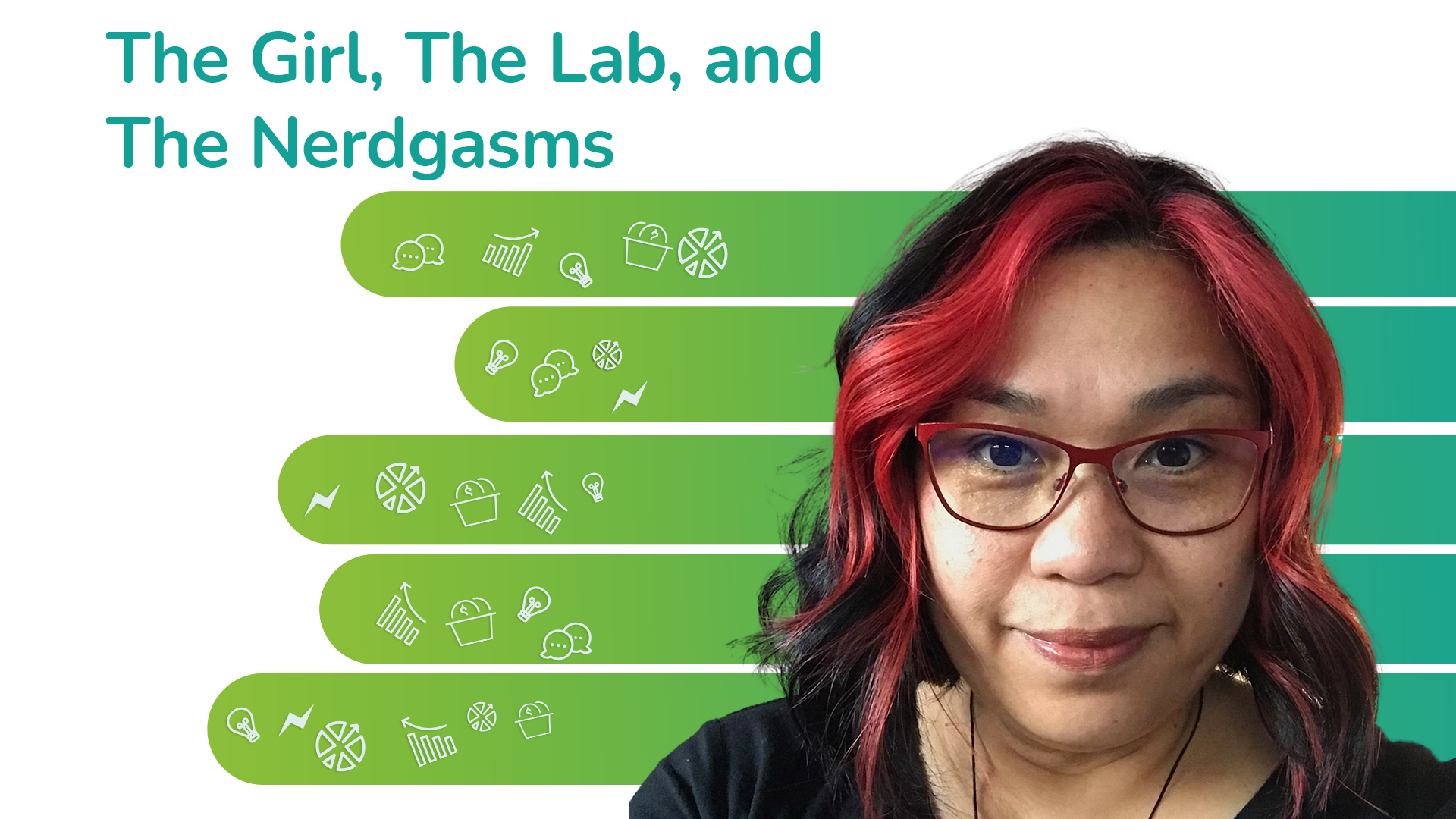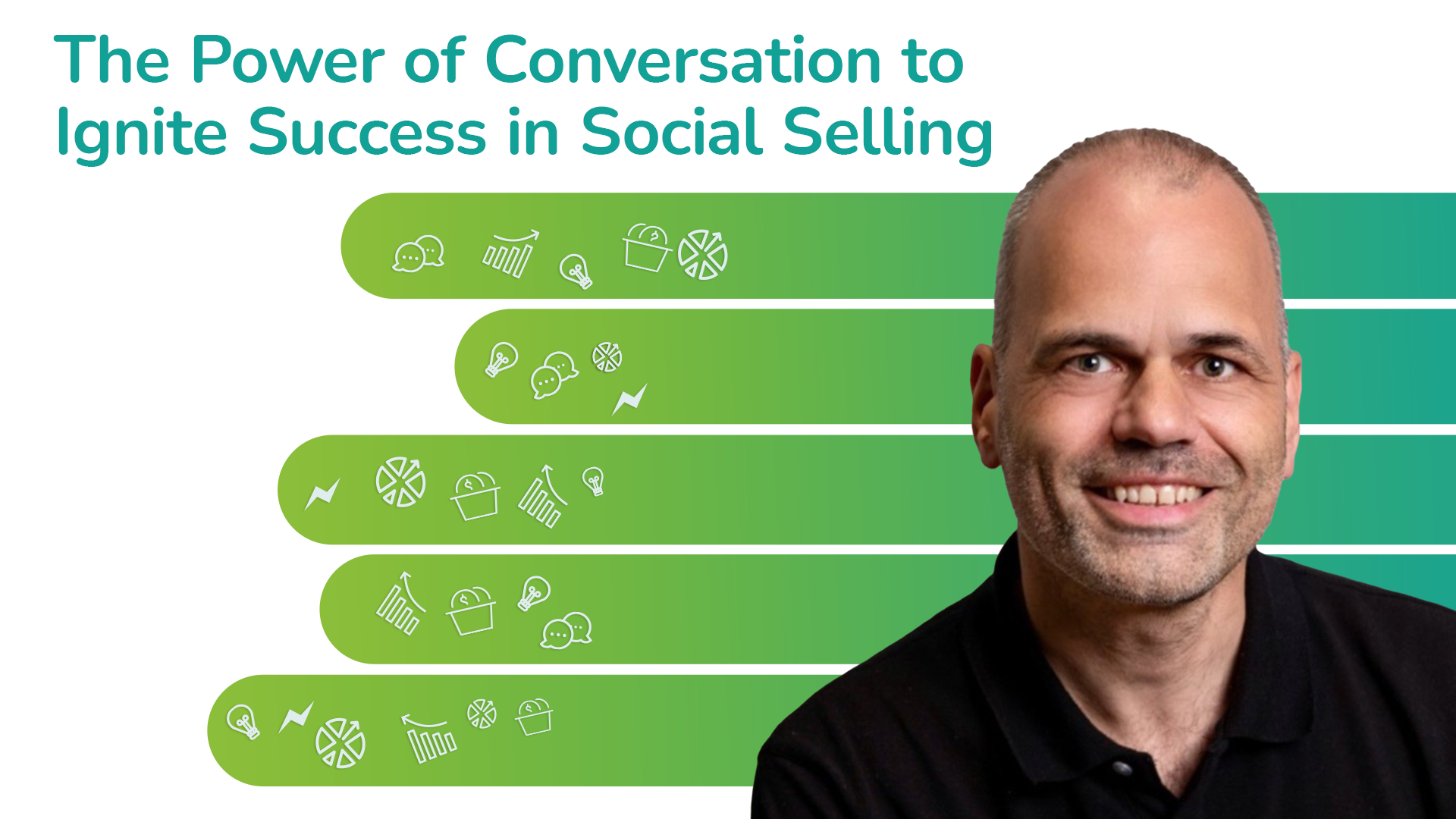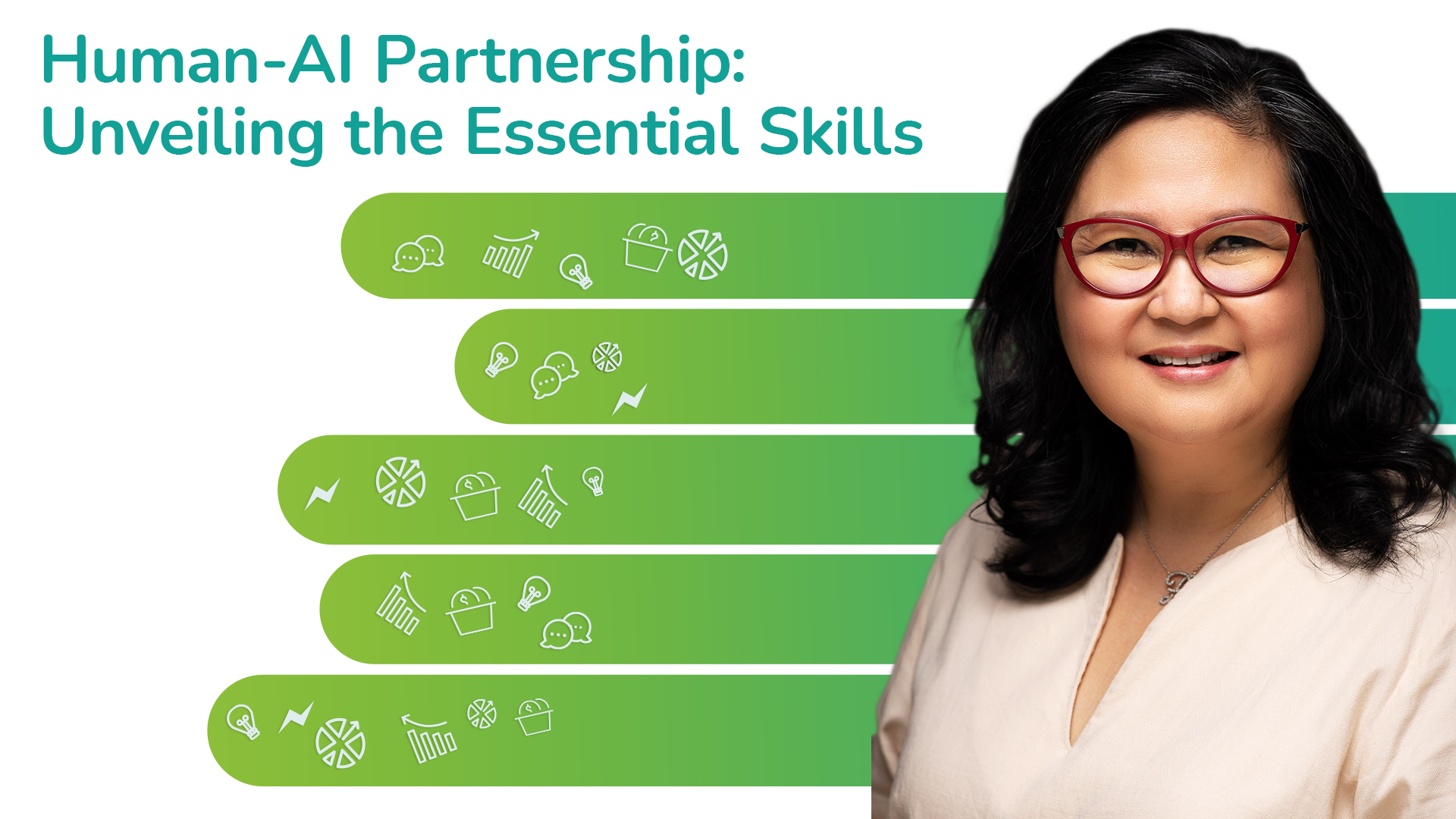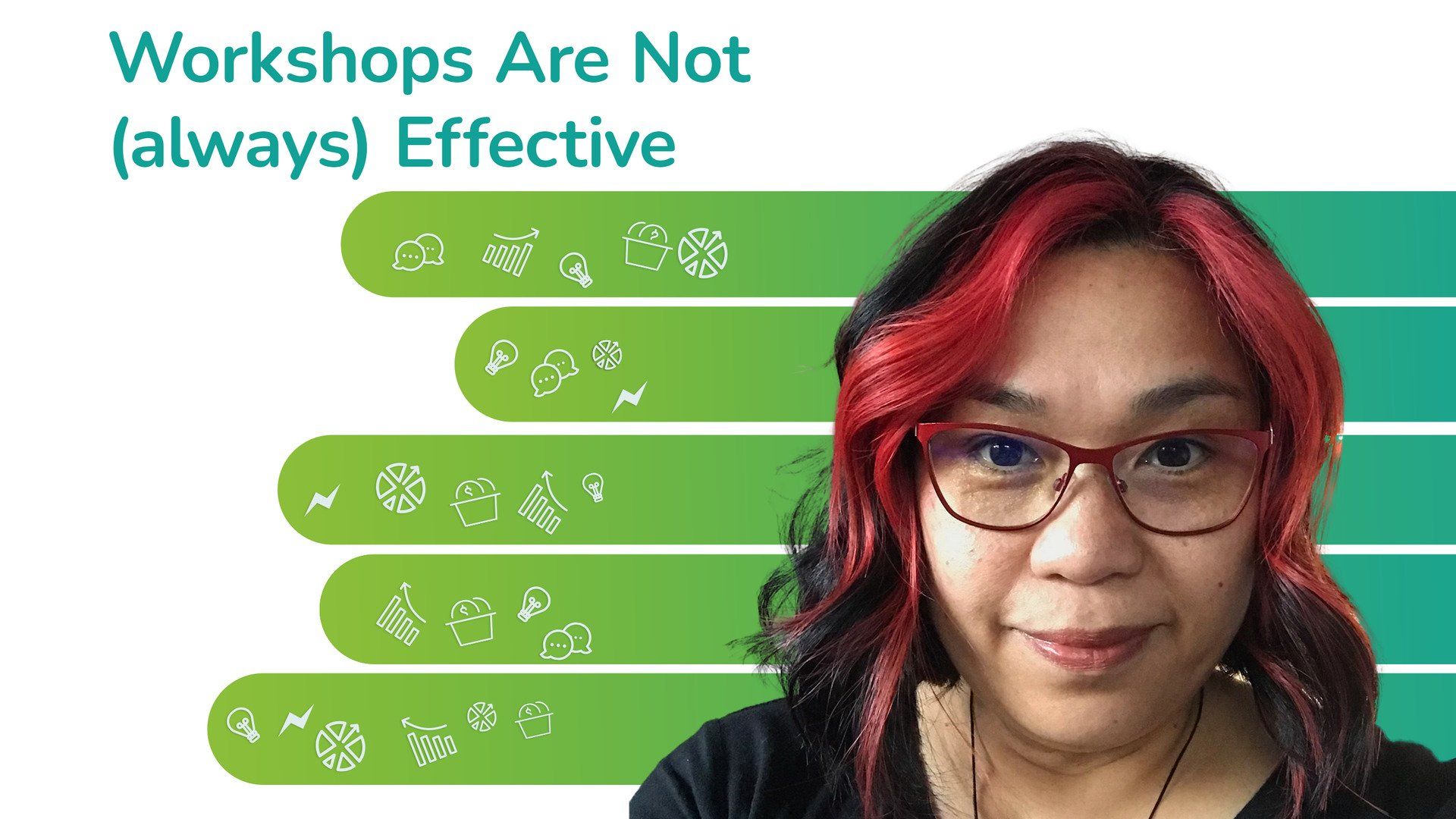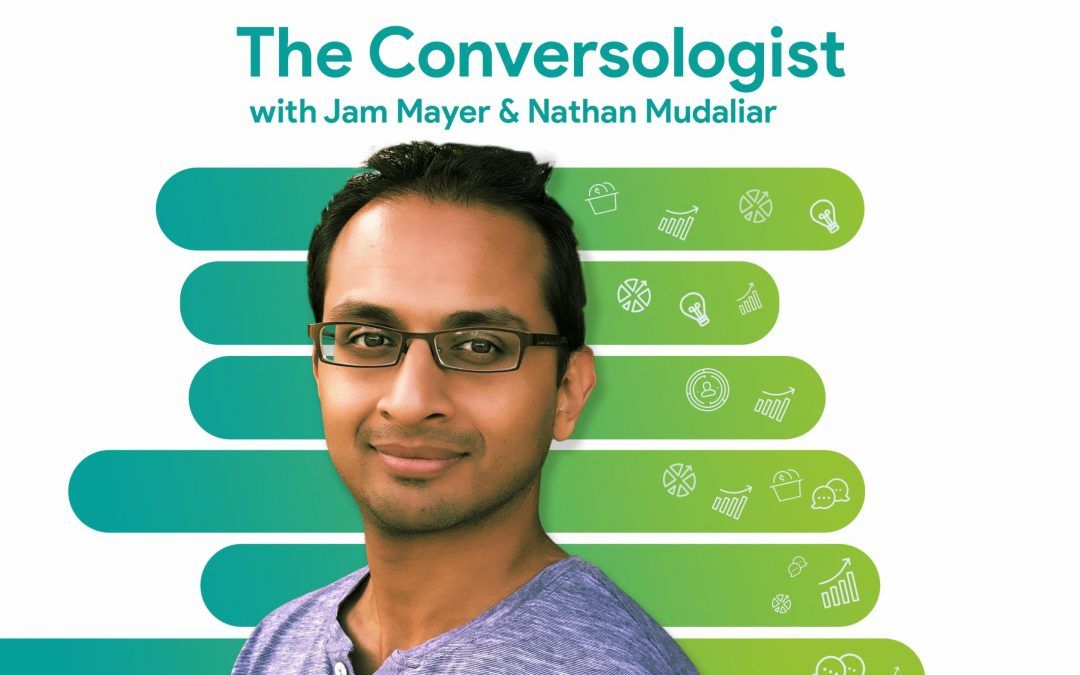
Season 1 Episode 3 | 19 min
As users push back on privacy and the perceived invasion of their personal space, Facebook is leading the shift towards private spaces via messaging, groups and communities.
What does this mean for the big social networks? For the users? For the businesses and marketers? Chief Conversologist Jam Mayer and Senior Content Conversologist Rew Shearer discuss the changing landscape and take a top-level look at some of the implications. Your comment or discussion is invited.
Hosts & Guests
Jam Mayer
Rew Shearer
Episode Conversation
Topics that were discussed:
Episode Transcript
Introduction
Rew (00:00:01.865)
Welcome to the Conversologist podcast, where we talk about the art and science of conversation in the digital space. We know that technology can be a powerful enabler in the customer journey from marketing to customer service. But communication and emotional connection still need to be at the core. I'm Rew Shearer, Senior Content Conversologist, and with me is the original host of the podcast Jam Mayer. Hi, Jam!
Jam (00:00:30.395)
Hello
Rew (00:00:30.665)
This is Episode three
Jam (00:00:32.015)
Episode three whoo!
Rew (00:00:33.545)
This week is social media and the move to private channels and marketing through conversation. This is interesting. Actually, I want to know about this, and you're the one who's been following this a lot more closely than I have. So I want to get some context. I mean, what is happening in social, specifically Facebook in terms of this move to private channels? I mean, what did Zuckerberg mean by the future is private anyway?
What does "The Future is Private" mean?
Jam (00:01:02.495)
Yep. So just for people that haven't really heard of a feature is private. The F8 conference, Facebook Developers Conference just happened and that was the theme of the conference. He started his keynote with The Future is private. So what that basically means is just social media is now starting to go off the news feed, so to speak, and then going into private channels where in there's more privacy. People are now chatting on other mediums or other vehicles or channels, which specifically is like messenger.
Jam (00:01:39.245)
Public news feed is probably not going to go anytime soon, but it is moving to private channels
Rew (00:01:47.405)
Anytime soon in social media means not within the next two months, but possibly within the next six maybe.
Jam (00:01:52.815)
Yeah, yeah. Because it's really fast but yes.
Rew (00:01:55.175)
For me anytime soon as like 20 years away now.
Jam (00:01:57.845)
Yeah. OK.
Rew (00:01:58.655)
So how will it look then. I mean how will your Facebook look if it's not going to be the public news feed.
Jam (00:02:05.135)
Yeah. So what's happening. Just to give a little bit of more context, what's happening is that I'm sure a lot of you are saying or thinking, oh, it's the death of Facebook, it's the beginning of the end of Facebook as an example, because of privacy. Right to Cambridge. It started with that. And then now everybody's not trusting it anymore.
Jam (00:02:26.825)
And obviously here locally in New Zealand, there was the Christchurch event and everyone's just all of a sudden not trusting the public feed anymore. So everyone's just commenting instead of the public, then they're moving to private channels. Right. So what's happening is communities and groups, and that was the theme now in the conference where in the big Facebook man, so to speak, says, OK, since everyone's going into there, then we would make sure that everything's private. Now it's more encrypted.
Jam (00:02:58.145)
You're going to see in the next few months, I think in Canada or in the U.S., they're already seeing the new redesigned look of the news feed, which is now focused on communities and groups.
Rew (00:03:08.915)
Cool, and so is the data indicating that people are moving to private channels instead?
Jam (00:03:15.725)
Yep. I just like to mention Simon Kemp, who is a great data analyst. You know, I'm closely follow him because of our partnership with Hootsuite, of course, and the data shows, he says, that three times as much content is being shared now on messenger than the news feed and stories combined. I mean, people are sharing content privately.
Rew (00:03:40.205)
Right, so are there plans to punt messenger? I mean, is it going to get improved? Is it going to get better?
Jam (00:03:46.715)
It is getting better again. Going back to what happened in the conference, the FA conference was one thing that Mark did say. It's like the messenger is going to be updated to make it really, really fast, faster than any other messaging app out there, apparently. So that's exciting, which means user experience, people would like it better because you and I are still experiencing some slowness when we send, let's say, photos, right?
Rew (00:04:16.485)
Yeah
Jam (00:04:16.835)
It just doesn't appear so, apparently they're fixing that. So that's actually going to be a good thing.
Rew (00:04:23.495)
OK, so the old news feed is on its way out. What about organic?
Jam (00:04:30.425)
Well, data shows that people are hating the news feed because organic reach is almost dead. It's not dead yet. Simon Kemp mentioned that data shows that organic reach isn't dead yet, but the social networks are actually killing it. So that's a big one. So what's happening now is there is another social network like LinkedIn. A lot of people are starting to move to LinkedIn because everyone knows LinkedIn is for Job hunting or recruiters are always there, but no, actually networking as well. Networking is for businesses, but because there's so much organic reach there, so everyone is moving there.
Rew (00:05:14.915)
Is that a kind of denial the organic is no longer the way to go? Or is it because organic is genuinely still one of the best ways to engage with an audience?
Jam (00:05:25.535)
It's still the best way. I mean, I've done social media for a long time and my strategies before were all organic and I loved it. You know, I didn't have to pay a cent, but because of, again, advertising what Facebook has been doing and people are getting tired of ads or ad fatigue. So they're just moving to social networks that would or still open to, hey, look, here are features that use technology. You can still engage because that's basically what social networks are all about. I mean, that's the heart of social networks. It's, well, conversation and engagement. Right.
Rew (00:06:00.705)
Assuming that eventually organic is gone, how will businesses market through private communities and messenger and groups?
Jam (00:06:10.805)
Simon Kemp, if you're hearing this, you should love me right now. I'm hoping that actually we can get Simon on the podcast someday, someday soon. Hint, hint. He did say, look, if you want to succeed in private social you have to be worthy of people talking about you and you'd have to earn their conversation, which is fantastic. And I totally, totally agree. What's going to happen is marketers, for example, or business owners would then have to be more creative because this is, again, now going to one on one.
Jam (00:06:42.635)
Yes, there is some and we'll talk about a little later about one too many, but not broadcasting it anymore. It's really actual conversation. And will people allow you into their private space? That takes a lot of trust
Private Communities
Rew (00:06:58.475)
In terms of reaching people in private communities and groups, advertising influences. How would that happen?
Jam (00:07:07.235)
For messenger there is advertising already, I would say still very recently. It's still new. Not a lot of people see ads on Messenger. So they're trying to enter that space. But I think it's still intrusive. But that's not exactly what we mean about "You have to earn their conversation". It's really above and beyond email marketing, as they say, like messenger. That's why messenger is growing. Do you know that you can actually have a messenger account without having a Facebook account?
Rew (00:07:37.865)
I did not know that.
Jam (00:07:40.245)
I mean, when I see that you don't necessarily have to be on Facebook in order to talk to someone or you don't have to be friends on Facebook in order to chat with someone, I have a lot of business contacts on Messenger, but were never friends. But yes, messenger there are a lot of ways to market or to reach people through messenger.
Jam (00:07:59.585)
So obviously the big thing is chatbots right now or some companies would say nah I don't want to be the one to say chatbots because there's this negative connotation. Maybe that's another podcast episode and the one on one conversations. One thing is broadcasting to fans. I did have a Facebook live, I don't remember a few months ago, when I saw a sneak peek preview of what was going to happen, where in page owners, I'm talking about Facebook business page owners, will then have the ability to broadcast to their fans. Yeah, it hasn't been rolled out yet everywhere. I know in Asia it has started to roll out and some companies and brands are using that already.
Jam (00:08:45.935)
I think if I'm not mistaken, it was mentioned during the conference as well that Mark is definitely going to integrate Messenger, Instagram and WhatsApp messaging into one. Doesn't matter if you've got an account and WhatsApp, Instagram or Messenger, then you just talk on one application.
Rew (00:09:01.505)
The chatbot platforms then like many chat will be looking to try and redesign their platform so that they can work with this new combined integrated platform.
Jam (00:09:14.705)
Yeah, and it depends on how much permission in terms of API, what they're going to allow, you know, with developers. What I'm seeing right now, though, is that it is competing with the many chat and chat, if you will, in terms of features.
Rew (00:09:31.445)
Now, just going back again to private communities and groups, which is where Facebook is moving things. Forgive me for being cynical. I don't think they would do that unless it was going to be some way of monetizing it and turning it into profit, groups, communities, a revenue stream.
Jam (00:09:47.615)
I think so. Small business owners here in New Zealand, for example, they were part of a lot of business groups here and they've noticed that there is really a change in terms of ad results now. Someone from Facebook, actually, and I don't know how accurate this is, locally did see that yes, there is some changes and there's a change in terms of revenue stream. So they're kind of veering away from advertising, or at least I think that's veering away. But there are going to be changes. But they didn't really mention what it was. My take on it, whether it is going to happen or not is because they're focused on groups. There's a lot of ways for Facebook to actually monetize that. Going back to Messenger, for example, I've mentioned about broadcasting. Now what I'm seeing is that they will actually monetize that. So if you want to send a promo or an ad broadcast to your fans, you'd have to pay for it. I know that you want me to talk about how maybe groups can be monetized.
Rew (00:10:53.785)
Yeah. How might communities and groups be monetized?
Jam (00:10:57.225)
Well, subscription based say, for example, a lot of Facebook groups right now are being used commercially by big brands, and most of them are really customer support or community based meaning instead of spending a lot of money hiring people in call centers, for example, or Chat, yes, there are help articles on the websites and help desk databases or articles. But what's really, really powerful is that the power of community, the customers themselves are the experts and they create Facebook groups in order for other people to actually help them answer the questions, right?
Jam (00:11:35.885)
Yes, this is great. So it's all for free right now. But what if Facebook decides, well, hang on, when you create a group and if it's commercial, if it's really for a company, then you have to pay a subscription.
Rew (00:11:49.185)
Right?
Jam (00:11:49.875)
I mean, that's just an idea. I don't know if it's going to happen or maybe similar to messenger on groups, you could Facebook and say, OK, well, if it is going to be a promo announcement or whatever to your group, then you'd have to pay like SMS, as I've said.
Jam (00:12:07.725)
Oh, there's another one membership site. Sorry. So there are group owners now or influencers or even the Internet gurus, network gurus, they're going, oh, you know, or info pruners, as they call themselves, wherein they would have closed groups, and when you pay a membership fee on the website and then, OK, you've got access to our Facebook group when you pay right now, you do that manually. There's no way for you to actually pay through Facebook or whatever. So what if Facebook goes, OK, if you're going to start a membership site, we're going to put in some e-commerce gateway or payment system wherein you can now then charge people before they can join or have access to the Facebook group. That's another possible way Facebook can get a cut from it.
Rew (00:12:56.455)
Sounds plausible, I'm convinced. OK, let's just jump into one more thing, because you mentioned people moving to LinkedIn to chase the organic. Facebook obviously is changing in terms of the move to private. So in terms of the technology of the two, how do the features between, say, the the two big hitters affect the way that we interact with businesses?
Jam (00:13:24.015)
It's huge because before Facebook and LinkedIn when it comes to groups like that, yeah, sure no problem, there was no like analytics whatsoever. And that was hard for marketers like us because we didn't know exactly what, you know, who was the top five people who were really interacting, for example, and they were third party tools. But I've found that Facebook has now added a lot of features, for example, questions before anyone joins. So now you've got marketing data and you can use this. Now there's analytics and Facebook groups, you know, a little bit more, and you can reward those people who are more engaging or, you know, LinkedIn groups up to now, as far as I know. And if you're an anchor, those guys listening to this, please prove me wrong if I am. But as far as I know, LinkedIn groups doesn't have analytics at all. It's just another public platform. It's not a private channel, as you call it.
Jam (00:14:22.095)
I think that if you give people a little bit more power in terms of enabling at the end through the technology, then definitely it's going to be easier for administrators or moderators, even of groups to, you know, you empower them to create new conversations. Right. Based on what the community wants to hear, wants to consume, et cetera. If like LinkedIn, you're just providing a simple platform for them to just announce or start a discussion and there's nothing at all, then you stop the conversation. You stop this guy. And even if you've got a million people like Digital Marketing, LinkedIn group, for example, there are a million members in there and people are just posting. There's really no interaction at all.
Jam (00:15:13.055)
The features will definitely impact how we human beings will be able to enter their converse with each other.
Rew (00:15:20.585)
Do you see LinkedIn getting its act together? Facebook obviously is pretty much leading the way at this point still.
Jam (00:15:26.805)
Yes. So even though people are saying that they hate Facebook and stuff, I think they just hate Facebook, news feed public and so on. And they're tired of it or maybe even advertising. That is why I think it's a really smart move to go into the communities. It's just going to be a little difficult because of what's happening and the other side. And, you know, everyone knows what's happening there.
Jam (00:15:51.365)
So, yeah, LinkedIn, I think they're going to focus on the organic reach and then they're going to move to advertising. They're a little behind. But it is it is powerful at the moment, really. Everyone I mean, I'm now more on LinkedIn than Facebook, to be honest. I love LinkedIn because it was professional and I learned a lot. But it will become a Facebook sooner or later. And I'm already seeing it. I'm seeing the sorry guys for those who love memes and what do you call those things, the quotes?
Rew (00:16:21.995)
Yep. Yeah, I know. I know exactly what you mean.
Jam (00:16:23.935)
Yeah their quotes. Gonna live forever or something or. You have something to say about...
Rew (00:16:30.665)
Um yeah. I grit my teeth and I scroll on. Carry on. Yeah.
Jam (00:16:35.345)
I just, I just really hope I don't see any. And again no disrespect to those with children with baby photos and stuff and or food or food or whatever.
Rew (00:16:45.365)
Babies covered in food
Rew (00:16:46.865)
Probably. Yes. Unless Oh God. Please for brands out there or marketers really LinkedIn is where why people stick to it In terms of professional and B2B. It's what's that's probably another topic. What do you think. I don't know.
Rew (00:17:01.625)
Do babies covered in food have a place in a B2B context?
Jam (00:17:05.055)
Yes, probably. It's a good title. What do you think
Rew (00:17:08.315)
Publish that as our next podcast. Okay, so to sum up, Facebook is moving within the next two to six months to groups and communities. OK, maybe not. We are not going to predict the timeline. So it's definitely moving to the next level. There are going to be ways for marketers to follow that and for Facebook to monetize it and to reach users. But obviously, you need to make yourself worth talking about. Meanwhile, LinkedIn is essentially going to fill the void left by Facebook as it moves away from organic and advertising. It's sort of going to be LinkedIn is going to be eating the crumbs off the floor from the table. Kind of.
Jam (00:17:46.295)
Kind of. But look at sorry, uglies are still in mail. And yes, there are conversations from businesses within their messaging app as well. Does it have a lot of features that Facebook has? No, not yet. But, you know, there are still conversations happening in the private channels so that at least they offer that to. OK, that's it for this week.
Jam (00:18:10.865)
Oh, that's it. Oh,
Rew (00:18:12.635)
Thanks for listening. Leave a voice message. If you're on anchor, please leave a comment. If you catching this podcast elsewhere, we don't know where it's going to show up, but leave a comment. We'll find it. We'd love to continue the discussion. We'd love to hear your points of view. And I've got a feeling we'll probably be back to this topic again before too long. Jam Mayer, thank you very much.
Jam (00:18:33.575)
Thank you. Until the next episode. Thanks for listening.

